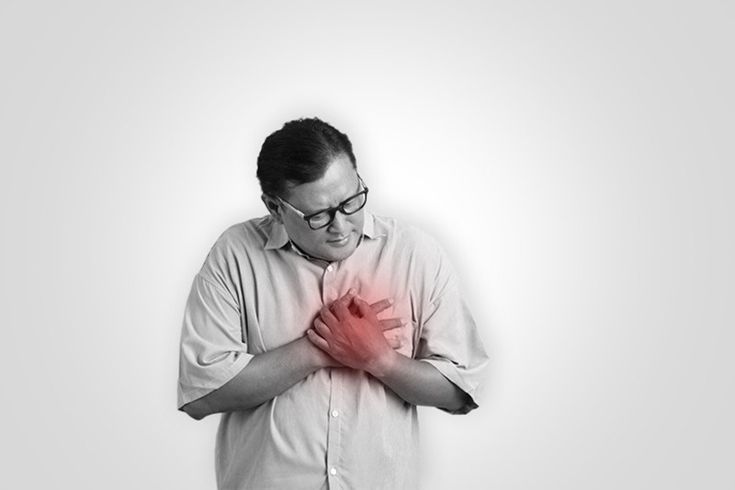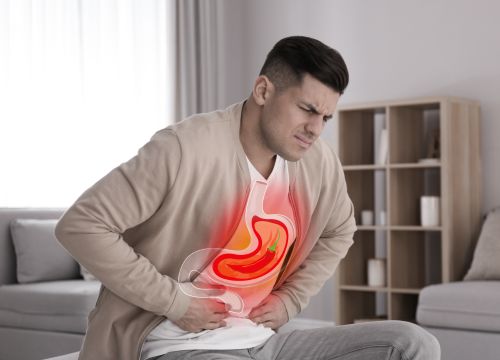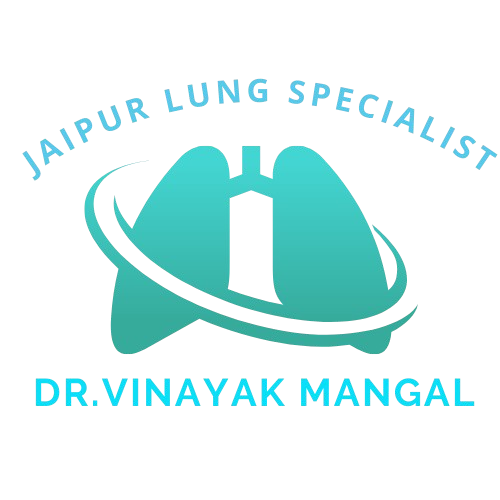
Chest Disease Treatment in Jaipur – A Comprehensive Approach
Jaipur offers advanced and comprehensive treatment options for chest diseases, supported by a strong healthcare infrastructure. The city boasts well-equipped hospitals, expert pulmonologists, and specialized chest clinics that cater to a wide range of respiratory conditions. Patients have access to diverse treatment modalities such as medications, respiratory therapies, pulmonary rehabilitation, and surgical procedures. Jaipur’s medical centers are outfitted with state-of-the-art diagnostic tools to effectively manage conditions like asthma, chronic obstructive pulmonary disease (COPD), pneumonia, and tuberculosis. Additionally, the city places a strong emphasis on patient education, awareness campaigns, and preventive care to promote better lung health. With its integrated and patient-centric approach, Jaipur stands out as a leading destination for chest disease treatment.
What Causes Chest Pain?
Chest pain can arise from a variety of causes, ranging from mild to potentially life-threatening. Common, non-serious causes include muscle strain, indigestion, anxiety, and acid reflux. However, more serious conditions such as heart disease, lung infections, and gastrointestinal disorders can also trigger chest discomfort. Other contributing factors may include costochondritis (inflammation of the chest wall), esophageal disorders, or even stress. Because chest pain can have many possible origins, it is essential to consult a healthcare provider for a proper diagnosis and timely treatment tailored to the individual’s condition.
What Causes Chest Pain?
Chest pain can arise from a variety of causes, ranging from mild to potentially life-threatening. Common, non-serious causes include muscle strain, indigestion, anxiety, and acid reflux. However, more serious conditions such as heart disease, lung infections, and gastrointestinal disorders can also trigger chest discomfort. Other contributing factors may include costochondritis (inflammation of the chest wall), esophageal disorders, or even stress. Because chest pain can have many possible origins, it is essential to consult a healthcare provider for a proper diagnosis and timely treatment tailored to the individual’s condition.

Heart-Related Causes of Chest Pain
Chest pain of cardiac origin is commonly associated with the following conditions:
Angina – caused by reduced blood flow to the heart muscle
Myocardial Infarction (Heart Attack) – results from a blockage in the arteries supplying the heart
Pericarditis – inflammation of the protective lining around the heart
These issues often arise due to coronary artery disease, blood clots, or abnormalities in the heart valves. Prompt medical evaluation is essential to identify heart-related chest pain and initiate timely and appropriate treatment.

Gastrointestinal Causes of Chest Pain
Digestive system disorders can also contribute to chest pain. Common gastrointestinal causes include:
Gastroesophageal Reflux Disease (GERD)
Esophageal Spasms
Peptic
Ulcers
Gallbladder Conditions
These issues can produce sensations such as burning, cramping, or pressure in the chest area. Accurate diagnosis through medical evaluation is essential to determine the root cause and ensure appropriate treatment.

Lung-Related Causes of Chest Pain
Various respiratory conditions can trigger chest pain, including:
Pneumonia
Pleurisy – inflammation of the lining around the lungs
Pulmonary Embolism – a blood clot obstructing blood flow in the lungs
Pneumothorax – partial or complete lung collapse
These issues often present with sudden, sharp chest pain and may be associated with difficulty breathing. Immediate medical evaluation is crucial for proper diagnosis and timely treatment.
Heart Related Symptoms
Heart-related symptoms can vary depending on the underlying condition but often include chest pain or pressure, shortness of breath, palpitations (a rapid or irregular heartbeat), dizziness, lightheadedness, and fatigue. Other signs may involve swelling in the legs, ankles, or feet, as well as nausea, excessive sweating, or pain that radiates to the arm, jaw, or back. It’s important to note that not everyone experiences typical symptoms—some individuals may have mild or even “silent” heart issues without noticeable warning signs. Therefore, any unusual or concerning symptoms should be evaluated by a healthcare professional without delay.
How is chest pain treated?
The treatment of chest pain is determined by its underlying cause. If the pain is heart-related, such as in cases of angina or a heart attack, prompt medical intervention is essential. This may include the use of medications like nitroglycerin, aspirin, or thrombolytics (clot-dissolving drugs), and procedures such as angioplasty or coronary artery bypass grafting (CABG). When chest pain is due to gastrointestinal issues, treatment might involve dietary changes, acid-reducing medications, or antibiotics for infections. For lung-related causes, management could include antibiotics, anti-inflammatory medications, pain relief, or procedures to remove fluid or re-expand a collapsed lung. In every case, a thorough evaluation by a healthcare professional is necessary to determine the most effective treatment based on the individual’s specific condition.
